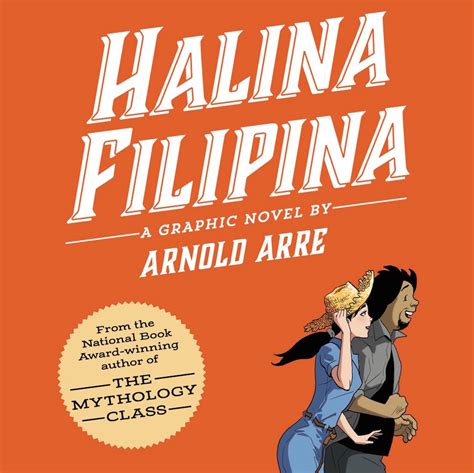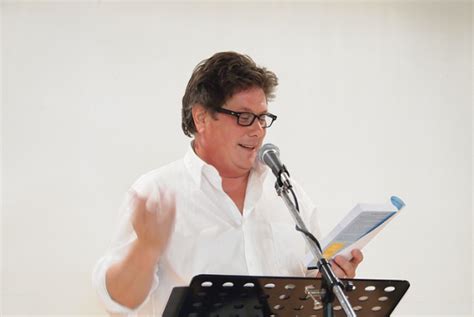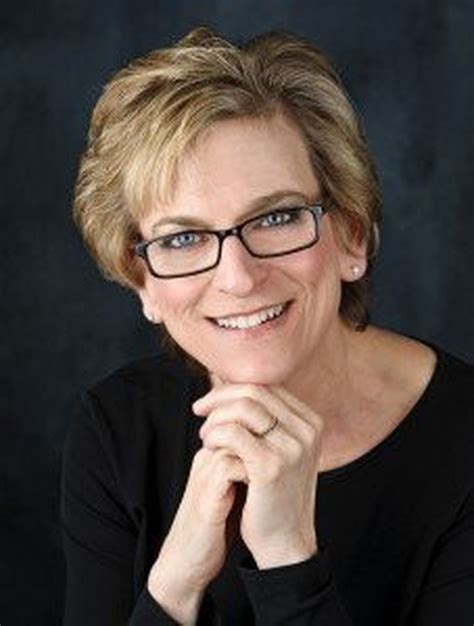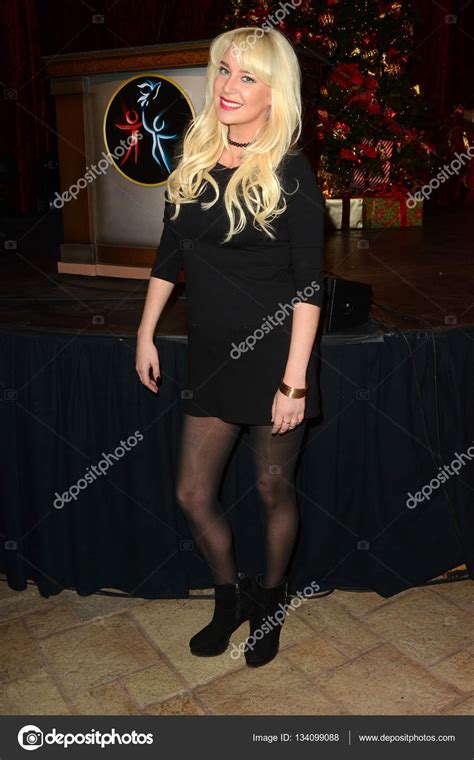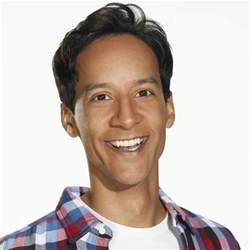A Quote by Jack Kerouac
And the story of love is a long sad tale ending in graves.
Related Quotes
I've been with the project for like three years: creating it, pushing it. [There] becomes a certain doubt when you're pitching this story to people. ["The Land" is] a cautionary tale. It's not the brightest or best ending to a film when you're telling a cautionary tale about four kids, kids who are killing each other, kids who are products of the streets.
In 1990 I did a story with Helena Christensen about a woman who lives in a trailer in the middle of the desert and finds a little crushed UFO with a martian who has survived the crash. She takes him home, and they fall in love. Later he has to meet with his fellow martians who have arrived to rescue him. It's a sad ending. This was my first truly narrative story and apparently the first narrative story in fashion photography.


